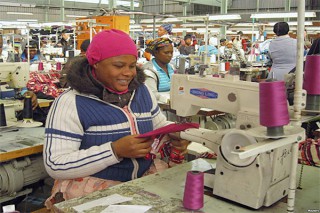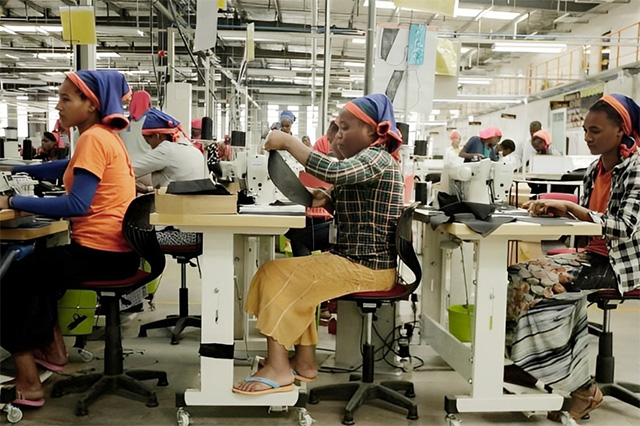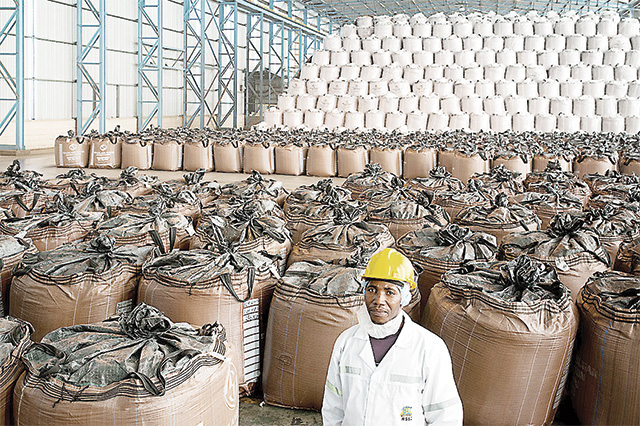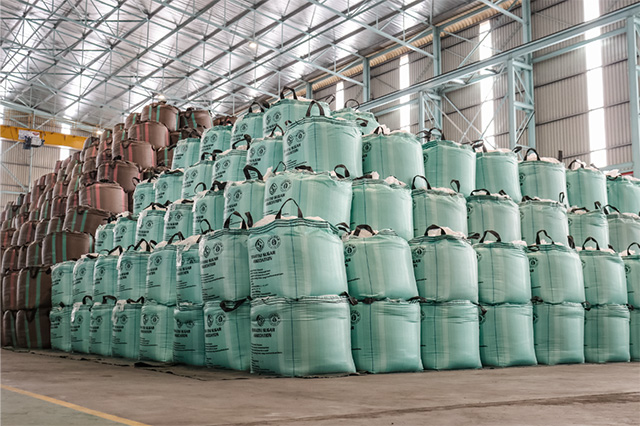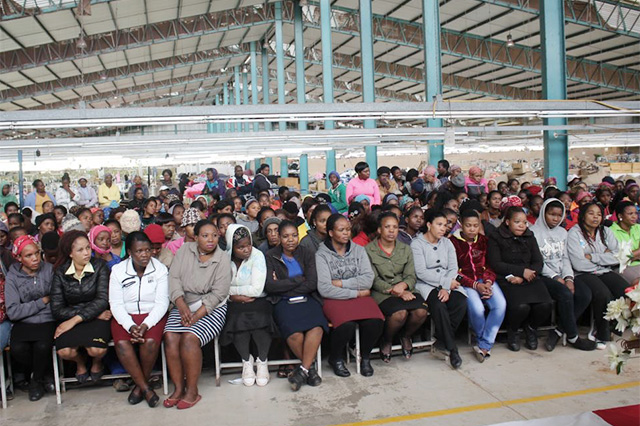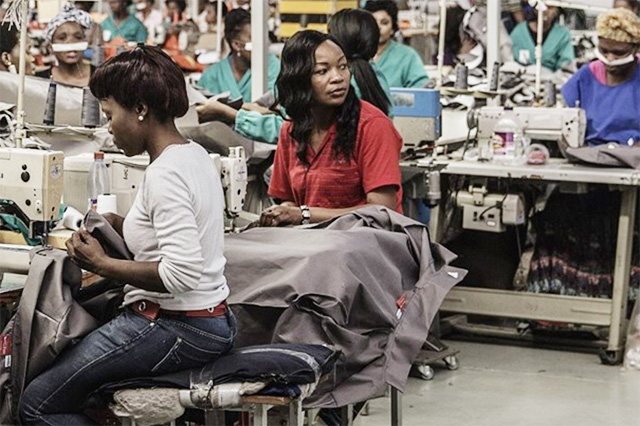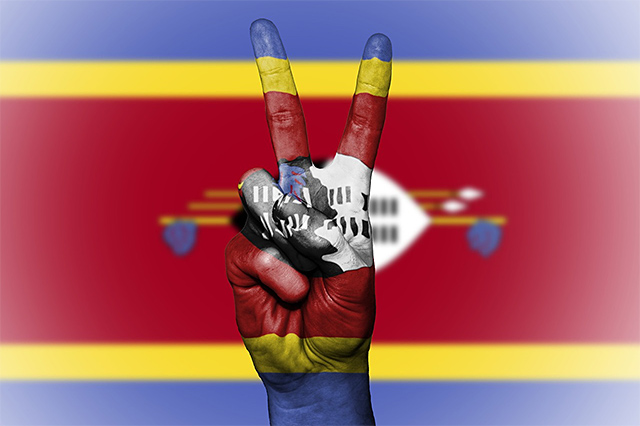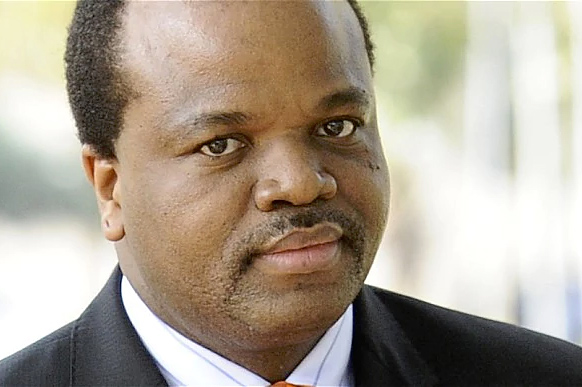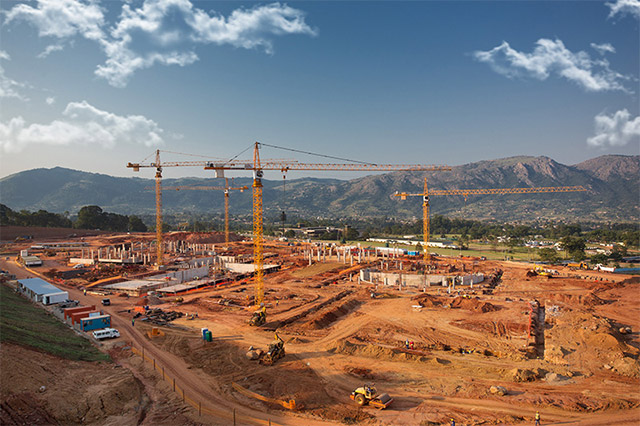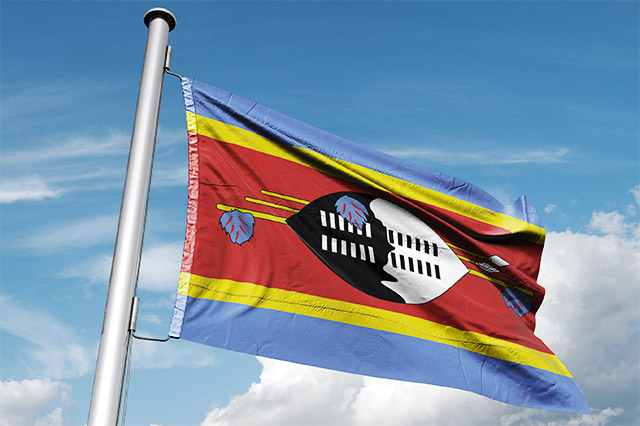Swaziland: The carrot and stick policy plays itself out through AGOA
University of Swaziland political science lecturer, Dr. Petros Qambukusa Magagula, once taught me in his International Relations 101 class how some dominant states would use the carrot and stick policy to mould the behaviour or conduct of smaller states.
Even apartheid South Africa would use the same policy towards its neighbours who harboured ‘terrorists’ political groups like the now governing African National Congress (ANC) and other liberation movements.
The post independence era in Africa is littered with examples of how dominant bigger states controlled Africa, particularly during the cold war period.
During the Cold War period, what mattered most was protecting the interests of those dominant governments than concerning themselves with issues of democracy, good governance, rule of law, freedoms and all the things that have seen Swaziland being removed from the list of countries benefiting under AGOA.
When the cold war ended with the fall of the Berlin wall and the demise of the Soviet Union in the 90s, so was the shift towards more open economies and emphasis in good governance, democracy, human rights and rule of law.
All of a sudden governments who have been protected, irrespective of their shady records in good governance, democracy, human rights and rule of law were getting exposed and markets with conditions were established in order for them to qualify or get preferential treatment.
Treatment
A country like Swaziland was such a country, which has been encouraged to take advantage of the huge markets offered by the bigger states, who in return would offer preferential treatment and all the goodies in change of reforms.
What has been worse for Swaziland is that the two neighbouring countries, South Africa and Mozambique, who were perennially in trouble ever since the wave of independence hit Africa in the early 60s gained stability in the early 90s.
In fact, economic records would show that Swaziland enjoyed much success during the Cold War era and pre-independence and stability within our neighbours.
For Swaziland, fighting for our eligibility in the Generalise System of Preferences (GSP) and later AGOA and the Cotonou Agreement with European Union has been the matter of survival than of choice.
For over 20 years, since the changes came, Swaziland has with minor political reforms been able to survive the threat of being removed completely from these markets.
However, it appears, as President Barack Obama stated in his proclamation two weeks ago: “Pursuant to section 506A(a)(3) of the 1974 Act, I have determined that the Kingdom of Swaziland is not making continual progress in meeting the requirements described in section 506A(a)(1) of the 1974 Act. Accordingly, I have decided to terminate the designation of the Kingdom of Swaziland as a beneficiary sub-Saharan African country for purposes of section 506A of the 1974 Act, effective on January 1, 2015.”
Defined
AGOA is defined as the African Growth and Opportunity Act (AGOA) which is a United States Trade Act, enacted on 18 May 2000 as Public Law 106 of the 200th Congress.
It significantly enhances market access to the US for qualifying Sub-Saharan African (SSA) countries. Qualification for AGOA preferences is based on a set of conditions contained in the AGOA legislation.
In order to qualify and remain eligible for AGOA, each country must be working to improve its rule of law, human rights and respect for core labour standards.So Swaziland’s removal is informed by the lack of progress on our side on the issues mentioned.
The same goes with the European Union, which from time-to-time engage in a political dialogue with its beneficiaries and measure progress on their conditions.With the US already having taken this drastic step, now pressure is not only on Swaziland but to the other markets like the EU to follow suit.
In doing so, they will not say they base their decision on the US one, but would like to be seen using their own standards and break ranks.
Our biggest trading partner, South Africa, should have been the first ones to get us where the US has gotten us, in June 2012 when they approved a E2.4 billion loan with almost similar conditions to the ones the US has ruled over this year.Despite our financial challenges at the time, we couldn’t take the loan with those conditions and we looked elsewhere for help, including sourcing it internally.
We survived then, but the pressure to force those political reforms did not subside.
In fact, to demonstrate that this move has been long coming, let me quote from a discussion in Parliament in Cape Town made in 2013 regarding the loan and the need for reforms in Swaziland: “The Chairperson of the Portfolio Committee on International Relations and Co-operation welcomed delegates from DIRCO.
Prioritise
He said that the committee had decided to prioritise issues related to the Southern African Development Community (SADC) region and that was why the committee had to take the situation in Swaziland seriously.
South Africa had to exert some pressure on the Swazi government. South Africa had huge leverage over Swaziland and if South Africa believed that foreign policy was an extension of domestic policy, it could decide not to allow what was going on in that country to continue. What could South Africa do to ensure change which conformed to democratic value systems?
This was a classic case where South Africa could exert influence to ensure a positive outcome. Swaziland had to start living within its means. South Africa had to be quite tough in this situation. The extension and approval of the loan was a direct result of the needs of the local people given that the SACU revenue was mismanaged. If the loan was withdrawn, the effect was going to be felt more by the population and not the government. The loan had certain conditions which necessitated an overhaul in the system. The IMF had a set formula which was used for every loan it offered. This had to do with political and economic liberalisation. The central issue was that the country’s constitution determined its structure. It was for Swaziland to decide whether it wanted to reform its Constitution. In essence, what was being called for was the acceptance and provision for political parties.”
Clearly, from this discussion one can see that the Swaziland situation is one that is on the table in a number of countries and their behaviour towards Swaziland would be one that seeks reforms.
The challenge before us, with the US already broken ranks is how we respond to this challenge.
Response
Clearly, the response needed is beyond government’s comprehension. In fact, the reason I started my column with Dr PQ Magagula was for purposes of demonstrating that literature is awash with similar stories of smaller states that are given a carrot or stick.
We have for sometime been given the carrot with the hope that we will change to what they want, but change has been minimal.
Now they are using the stick and unless we take charge of the change, the kinds of reforms to be imposed when everything else fails will be untenable for Swaziland.
It is in that stance therefore that one urges the councils (emabandla) to view this AGOA move seriously. They should not just look at AGOA as the only problem, but look at the potential threat if we do not engage in reforms that are suitable for the people of Swaziland.
We stand to lose more if we don’t respond quickly to this challenge and more potential investors would start to wear the US government’s glasses in looking at us and that won’t be good.
It would not matter how much we try to convince them. It is in our best interest as Swaziland to be seen to be dealing with these issues. Any hostile response for a smaller country like ours will be detrimental for our being.


